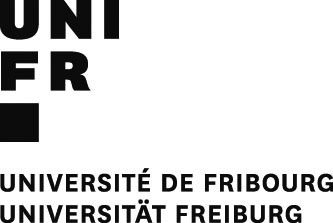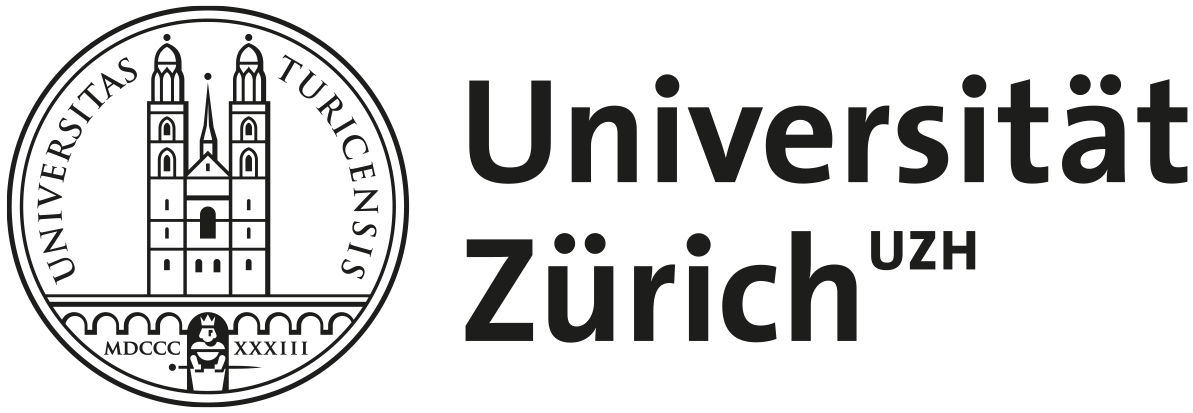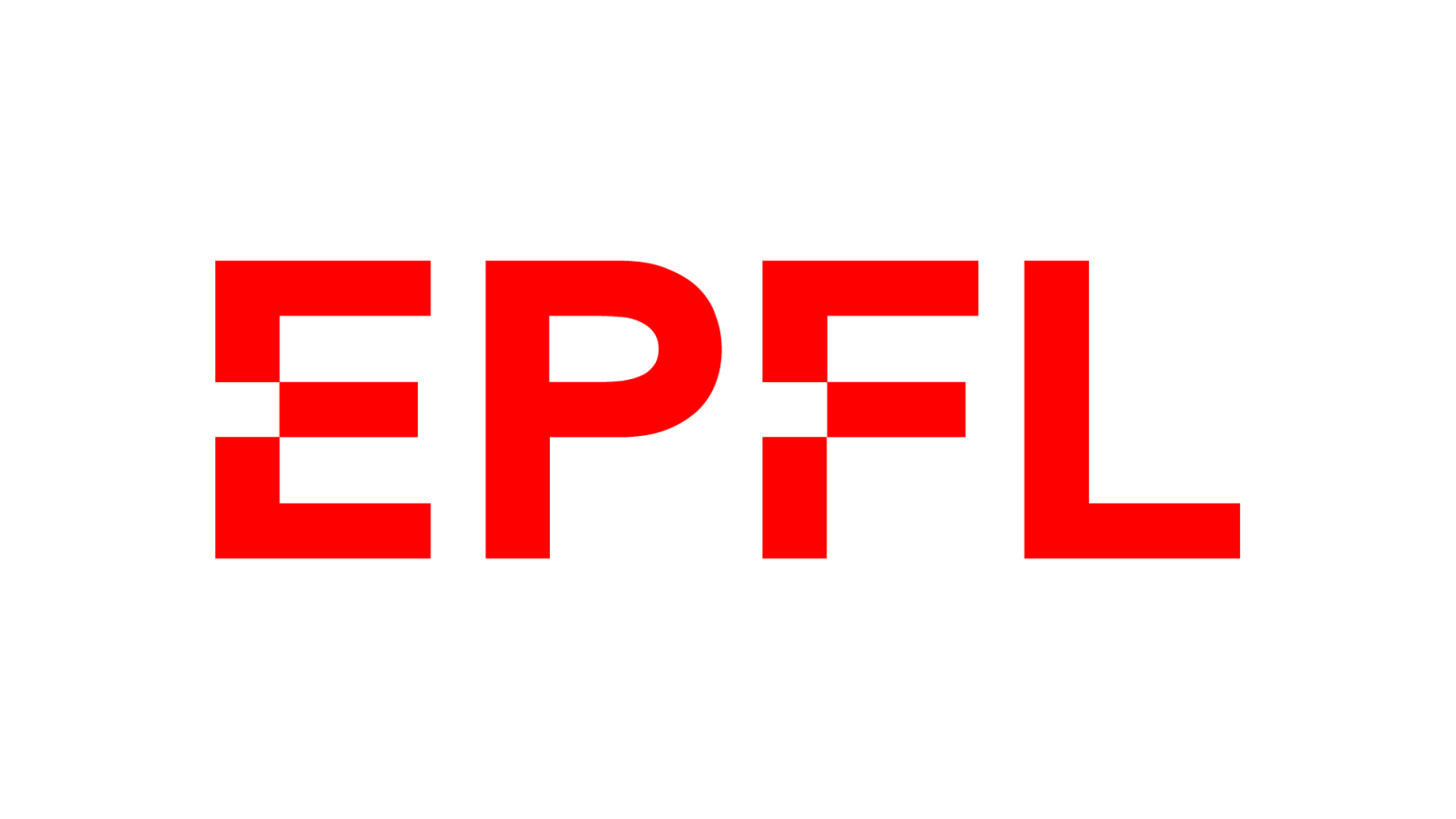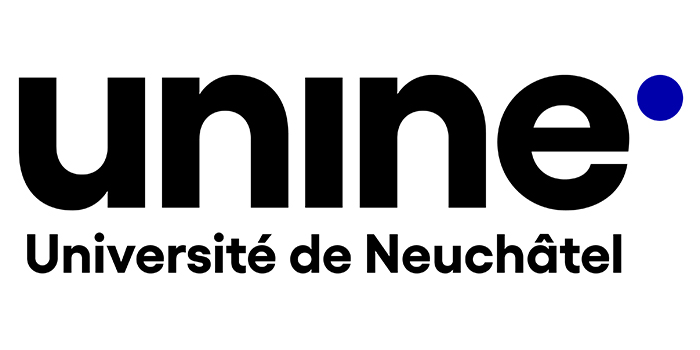Find the first job
How can I find my first job after graduation? Do I have to do an internship beforehand? Universities run advice centers that provide information and support with any questions relating to entering the world of work.
There are various ways to handle your job search and various application methods that you could use. Some are more traditional, e.g. applying to positions advertised on the internet, at career events or through recruitment agencies. However, there is a job market that is only accessible through speculative applications, internal recommendations and word of mouth. This market should not be neglected: it has the advantage of being less competitive, as it is less accessible at first glance.
Important stages in your job search:
Define a professional project
Completing a degree in one discipline opens the door to many different professions. It is important to assess where you stand, so you can get to know the various opportunities on the labour market and narrow down your own professional profile. It is important to start planning your career and looking for a job well in advance during your studies. For example, you should start your preparations six months before graduating. Working out where you stand helps you to gain clarity about your own skills, motivations and interests and to identify possible fields of activity and career profiles for entering the world of work. University career services assist you with determining where you stand and defining career goals, while internships, voluntary work and thematic specialisations during your studies can give you confidence in deciding on a career and provide a bedrock of experience and knowledge in the industry.
University career services: EPFL, ETHZ, HSG, UniBe, UniFr, UniGe, UniLu, UniNe, USI, UZH
Prepare your application dossier
An individual application dossier is intended to pique the interest of the reader, represent the applicant and should be tailored to the vacancy in question. An application dossier includes a CV, letter of motivation and enclosures (copy of diploma, job references, etc.). Creating an online profile on platforms such as LinkedIn or Xing and paying attention to your online reputation is also part and parcel of applying for jobs today. There are online tools, such as Canva, for creating a CV. You should ensure that the document also meets industry and country standards, along with containing the mandatory information. Given that application processes nowadays are digital, it is important to use the right technical terms when describing competencies. Common wording can be found, for example, in job advertisements themselves or in job descriptions from berufsberatung.ch.
UZH has summarised further tips about application documents : Application | Career Services of the University of Zurich | UZH
University career services : EPFL, ETHZ, HSG, UniBe, UniFr, UniGe, UniLu, UniNE, USI, UZH
Informational discussions and networking activities
Many jobs are not advertised, and networking is the best way to gain access to information and the invisible job market. An informational discussion is the strategy of approaching the market through the search for information and not through the search for a job. Correctly used, an informational discussion is an ideal tool to:
- deepen your knowledge of an industry
- discover previously unknown fields
- better align your job search
- expand your own network
- gain information about vacant roles and tap into the hidden labour market
The main goal is also to expand your professional relationships and potentially gain access to the hidden labour market. The process often starts within your own circle of acquaintances. You shouldn’t exclude anyone here just because you think that they don’t know anyone or have any relevant information: they might know other people of interest. Your own parents didn’t go to university, but they may work with people with different qualifications and be able to introduce you.
It also takes courage to approach people you don’t know – but it’s worth it. Interesting contacts can be approached, for example, at a conference, at university career events or via LinkedIn. As a rule, people like to talk about their skills and their profession, and sometimes take a moment to share these thoughts with others.
Attend careers events and professional events
Universities organise careers events attended by various employers that use the opportunity to showcase their activities. For students, these occasions are an opportunity to make contact with potential employers, to develop their networks and to gather information about interesting companies and organisations. It is important to be well prepared at these careers fairs, as a discussion may lead to an invitation to an interview. Universities offer workshops and training on topics such as job interviews and networking so that students can develop strategies for finding a job. Industry fairs, conferences and specialist workshops are other events that are not specifically about finding jobs, but give you a chance to expand your network and your knowledge of the industry.
Career Events – Agenda : Forum EPFL, ETHZ, International Career Day, HSG, UniFr, UniLu, UniNe, USI, UZH
Support services
One-to-one advice: one-to-one advice by the careers services gives the opportunity to discuss career-related concerns in detail and individually. University career services : EPFL, ETHZ, HSG, UniBe, UniFr, UniGe, UniLu, UniNE, USI, UZH
Workshops and training: universities organise a variety of workshops on finding a job and to provide graduates with career-relevant and industry-specific skills and information.
Careers workshops – agenda : EPFL, ETHZ, HSG, UniBe, UniFr, UniGe, UniLu, UniNe, USI, UZH
Mentoring services: by sharing ideas with mentors, mentees not only receive practical knowledge, but also inspiration and encouragement to achieve their goals.
Unemployment office services : graduates can register with the unemployment office and are usually entitled to financial assistance for 4 months (after a waiting period). In addition, the services offered by the employment office can provide support with the job search. Internships can also be completed during this time.










